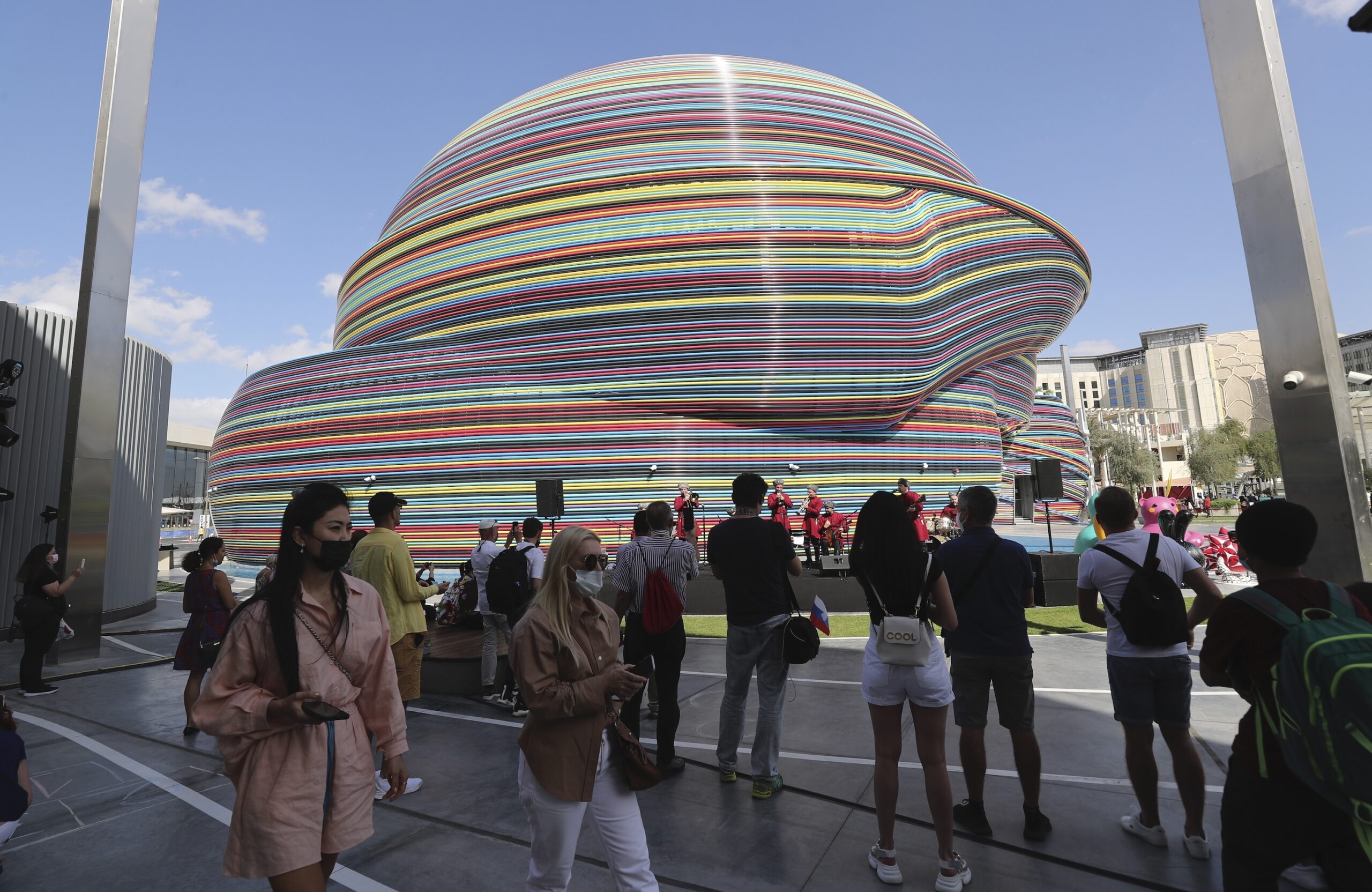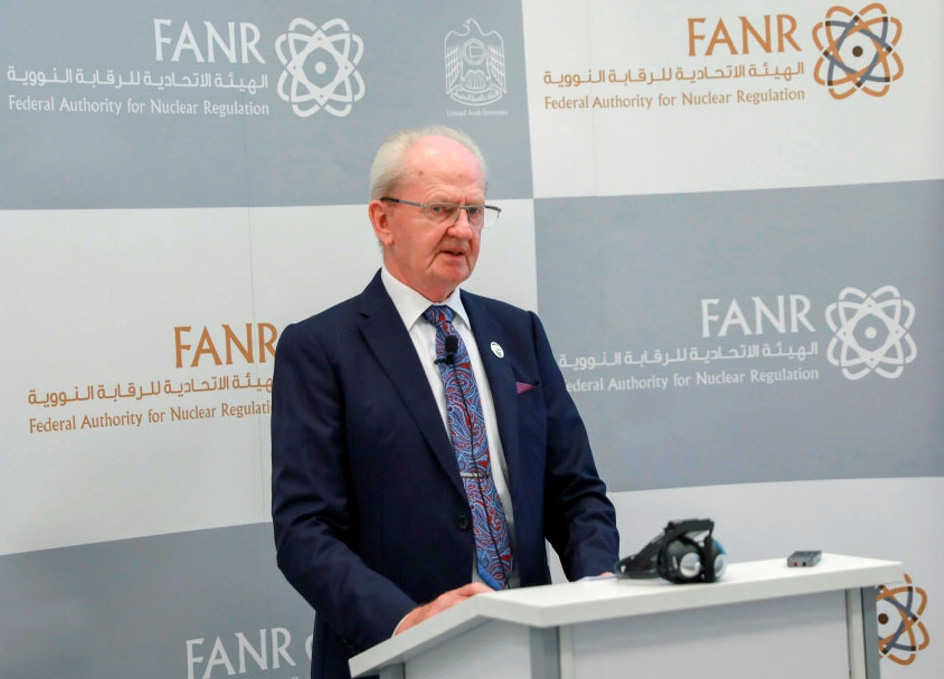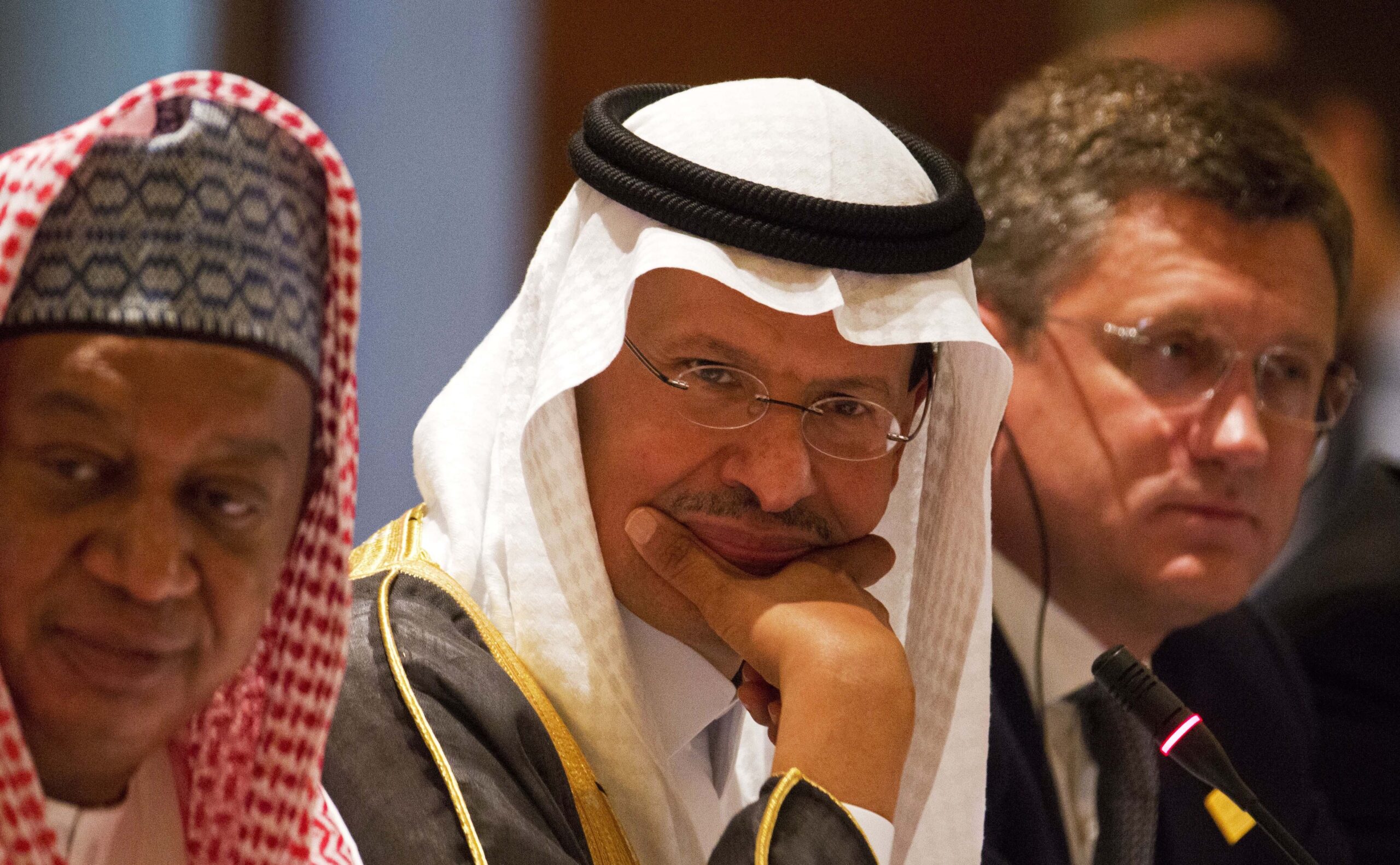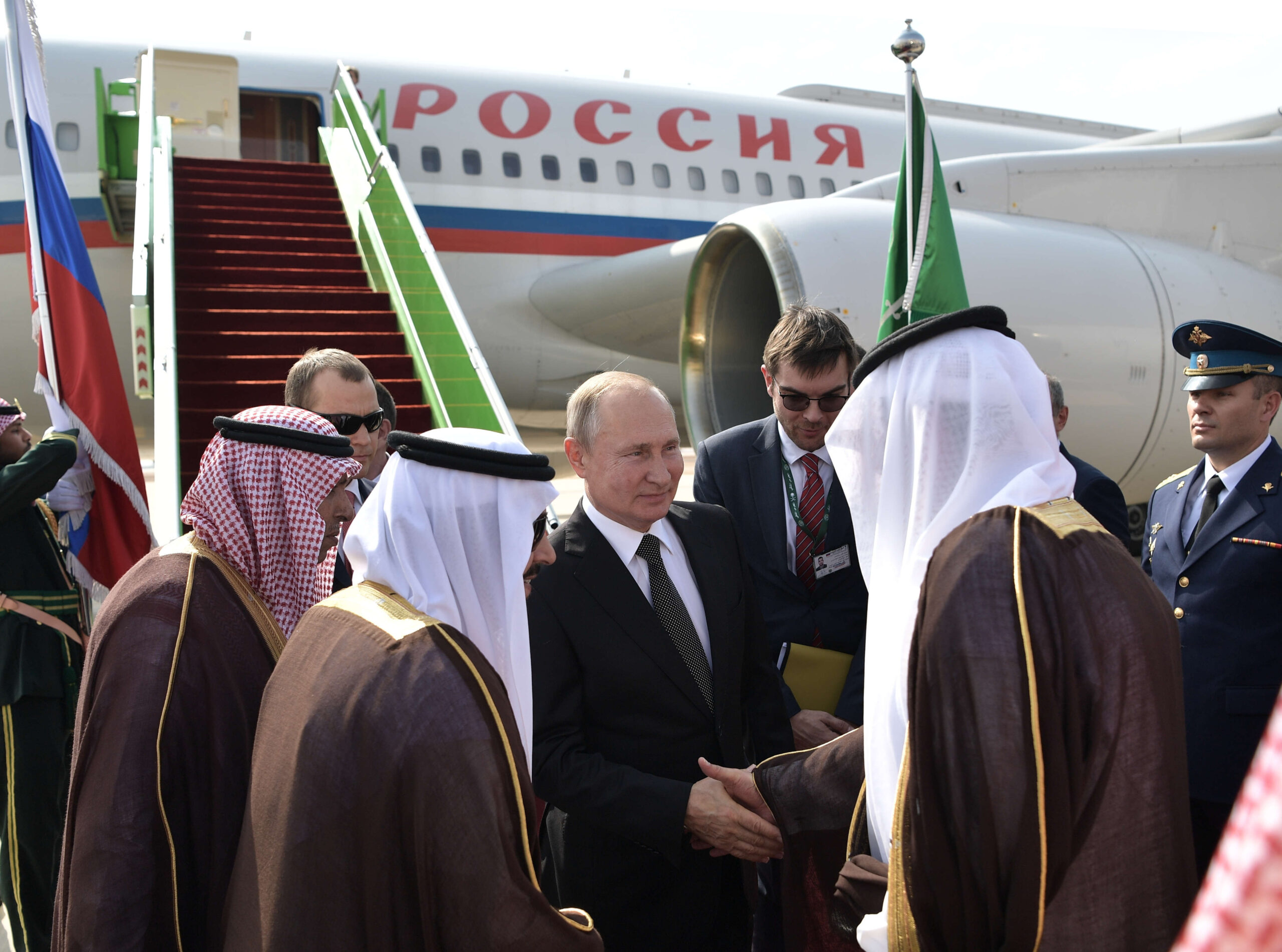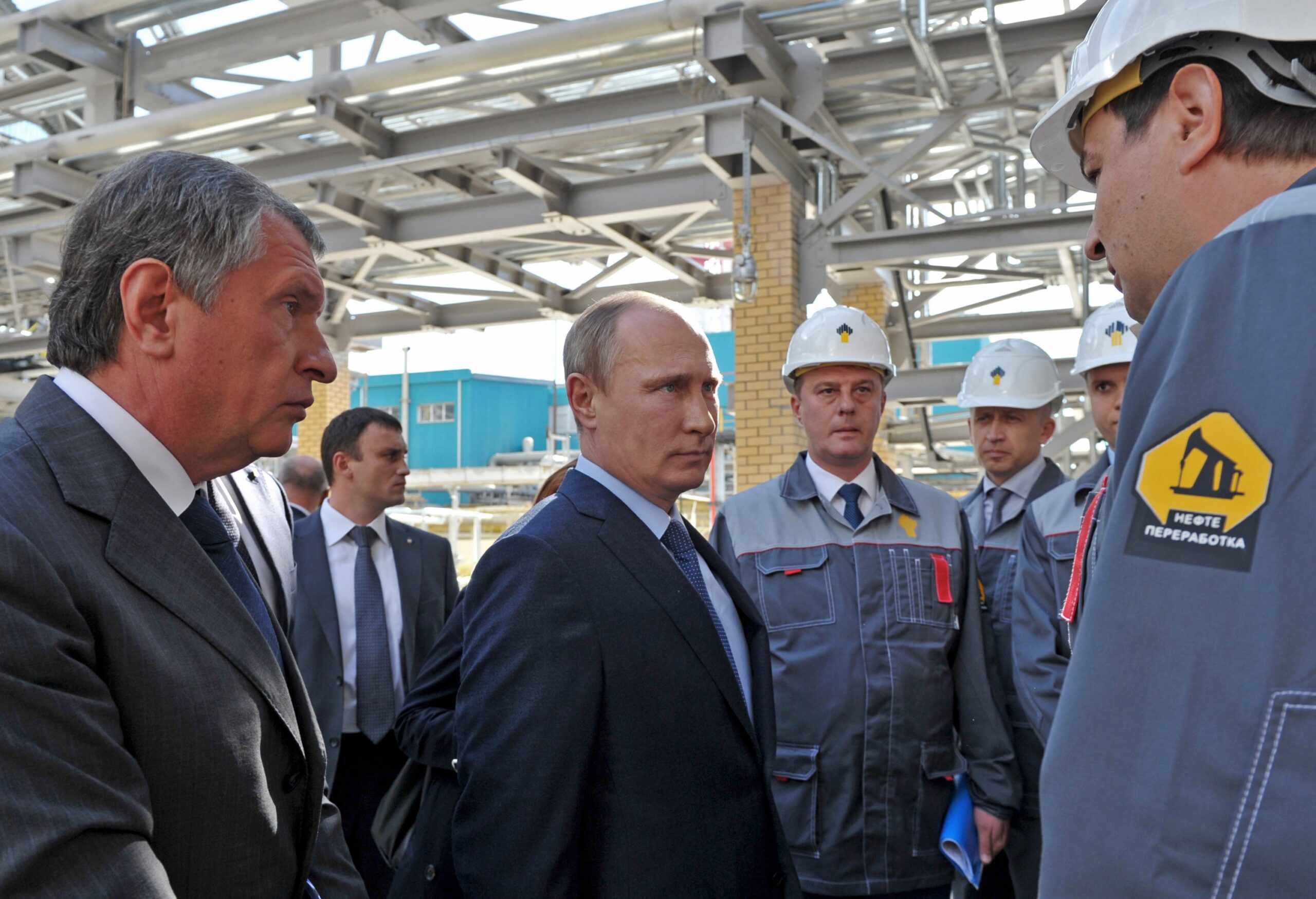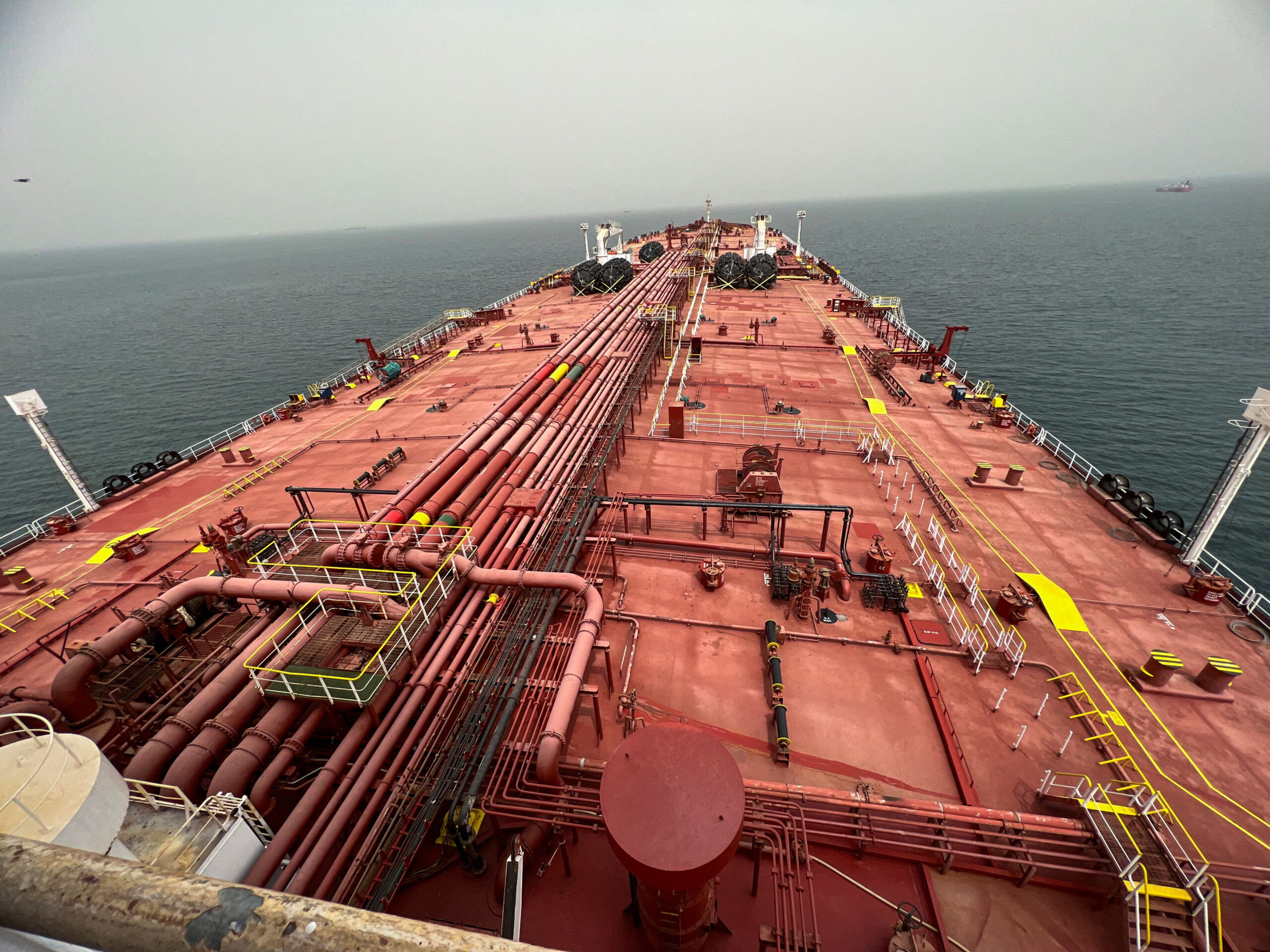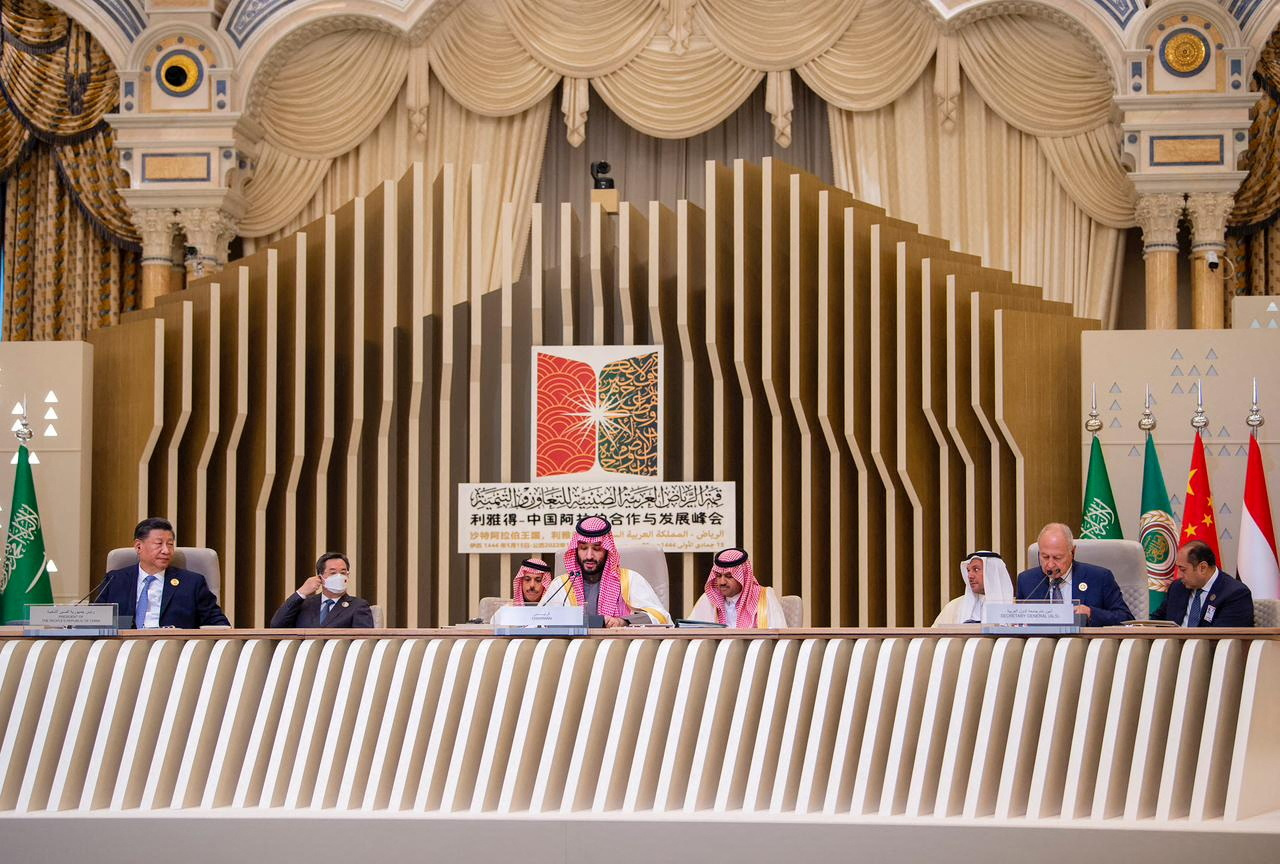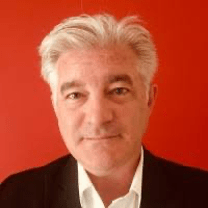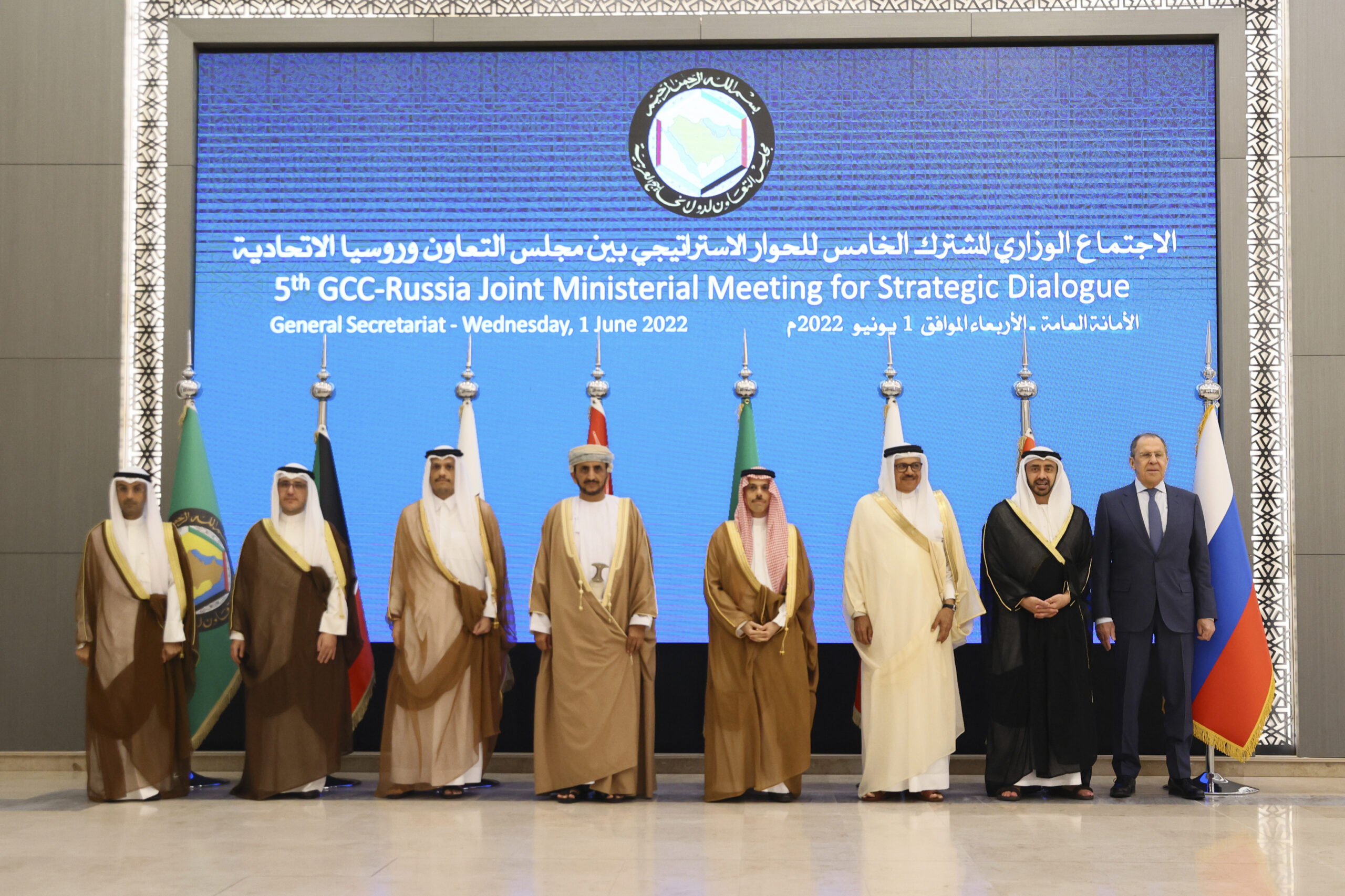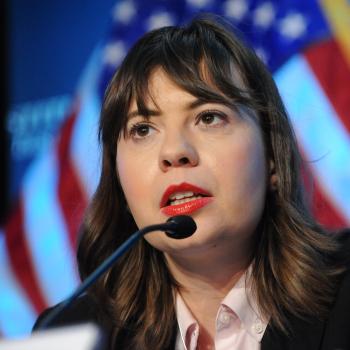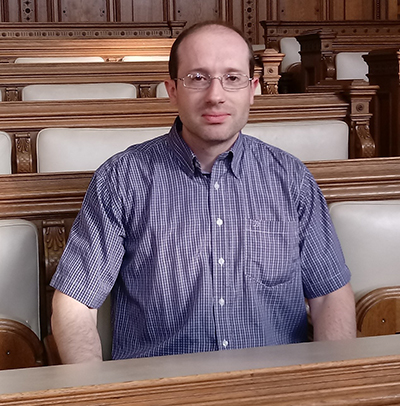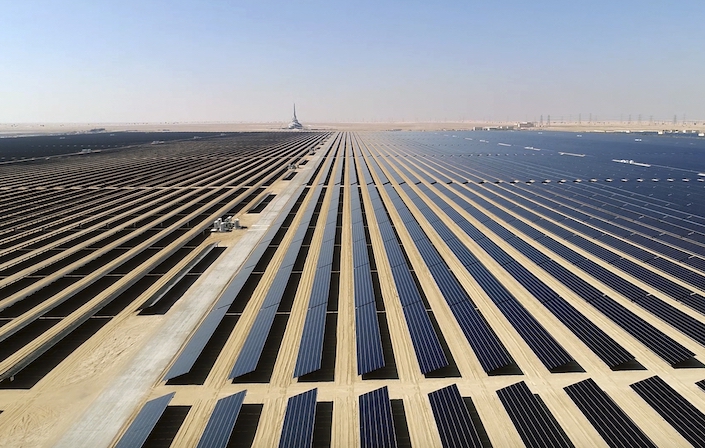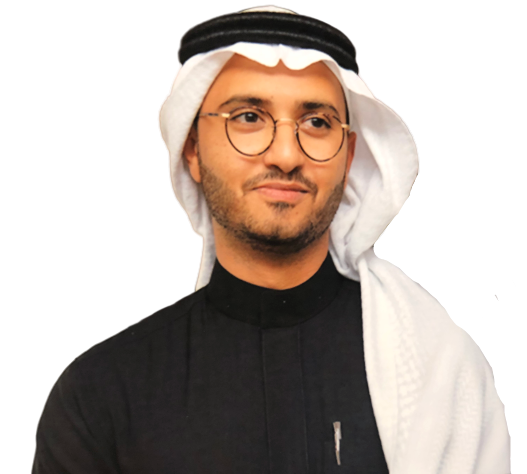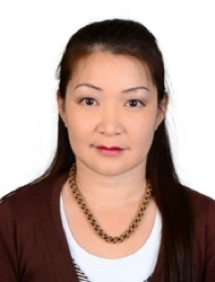
Li-Chen Sim
Assistant Professor, Khalifa University; Non-Resident Scholar, Middle East Institute
Li-Chen Sim is an assistant professor at Khalifa University of Science and Technology in Abu Dhabi and a non-resident scholar at the Middle East Institute. Sim is a specialist in the political economy of Russian and Gulf energy (oil, gas, renewables, nuclear) and its intersection with international relations. Her interests include the politics of renewable and nuclear energy in the Middle East, Gulf- Asia exchanges, Russia-China relations in the Middle East, and Russia-Gulf interactions.
Her most recently published books include Low Carbon Energy in the Middle East and North Africa (Palgrave 2021) and External Powers and the Gulf Monarchies (Routledge, 2018). Her articles have appeared in leading academic journals such as Russian Review, Cambridge Review of International Affairs, and Energy Research & Social Science; on forums hosted by the Arab Gulf States Institute in Washington and Harvard University’s Belfer Center; and in popular media like the South China Morning Post and Al-Monitor.
She is active on the speaking circuit, having been a guest at Chatham House, the National University of Singapore’s Middle East Institute, the Emirates Center for Strategic Studies and Research, Gulf Intelligence, the National Defense College of the United Arab Emirates, and New York University Abu Dhabi, among others.
